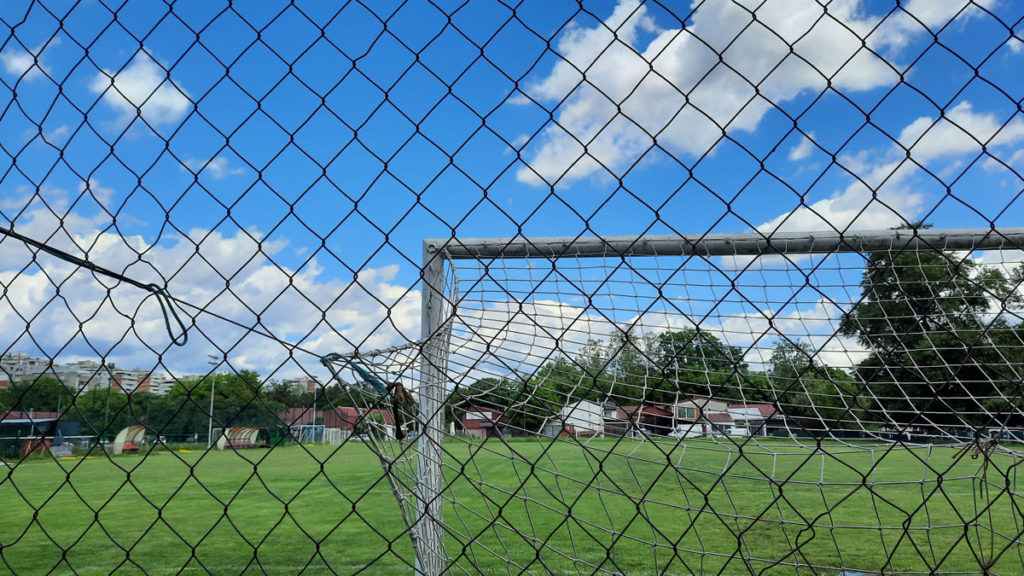
“You ask what that money was spent on? Well, it was spent, people saw their interest. Ask them what they saw.” With these words, the President of the Republic of Serbia commented to the press on the news that sent shockwaves through the public – that the management of the state telecommunications company Telekom will pay an incredible 100 million euro per season, or a total of 600 million euros, for the exclusive broadcasting rights of the upcoming 6 seasons of English Premier League matches.
To be honest, when I first heard this, I didn’t believe it. I thought it was spin.
This amount is only slightly less than the total amount achieved by three years of brutal pension restrictions. It is almost 10 times higher than what the competitor, Sport Club, had been paying for the previous seasons, and even several times higher than the amount paid for Premier League broadcasting rights in the incomparably richer and more lucrative region of Germany, Switzerland and Austria.
Every economic expert I have had the opportunity to talk to about this assesses that this is an incomprehensibly non-transparent move that is practically impossible to recognize as economically rational. None of them think it’s possible that this money will be made back, much less that this deal will generate a profit.
Spending this truly enormous amount raises many questions that require answers.
Two of them stand out. First, is the real goal of this operation the continuation of a ruthless war against the competition (not only in terms of sports broadcasts) and the desire to jeopardize its business at any cost? As was the case with the recent monopoly agreement on cooperation between Telekom and Telenor, a deal whose real goal was to destroy the competitor, SBB – which they didn’t even bother to hide.
And secondly, can we rule out the possibility that this amount has been inflated in order to pump money out of the company for some other, unknown purposes? As was the case with the famous Telecom takeover of Copernicus.
By the way, Vucic also explained the exorbitant price by saying that “Djilas and Solak offered more in the first round, but not in the second.” It is unclear how the details of these negotiations found their way to the president, I don’t even know if his account is true, I didn’t understand what that was supposed mean as an argument, and I certainly don’t see why we should be interested in that at all. The moves of private companies, rational or not, are their problem and their business.
Irrational moves of the management of publicly owned companies are a completely different matter; they are not and must not be anyone’s private matter. And that is why journalists and the media listened to the president’s instructions and asked Telekom. But Telekom doesn’t seem to share the president’s extroversion, because their only answer was the rote phrase – it’s a company secret.
Is this acceptable? Or completely irresponsible and unacceptable behaviour towards the company owners (which are the citizens of Serbia, whether indirectly through state-owned 78% or directly as owners of 22% of the shares)? Without a doubt, it is unacceptable that the citizens still didn’t get a single reliable piece of information from the management of the company they own.
Which brings us to “the people saw their interest”. This is obviously true. They had to have seen some interest to make a move like this. But that interest has little to do with the interest of the rightful owners, the state and the citizens. If it were different, would it be possible for the company debt to keep rising every year? During the period 2017-2020, Telekom’s debt was increased from a little over 300 million euros to about 1.5 billion. With these 600 million, Telekom is either very close to the limit of intolerance or even over it.
They are evidently counting on the sad practice that the debt of state-owned companies, regardless of whether it is the product of irresponsible megalomaniacal political or corrupt appetites, will be covered by the citizens of Serbia. But that practice must stop, it is literally of existential importance for the state, society and citizens.
In regulated countries, such extravagant business operations, as a rule, arouse the interest and engagement of the competent authorities, from those for the protection of competition, all the way to the prosecutor’s office and the police. It is high time that, in the interest of the real owners, the citizens of Serbia, those who run state-owned companies and those in the Government who appoint them as their henchmen, are reminded of things they have obviously forgotten. That our laws provide for similar solutions and sanctions, including prison, for those who cause damage to the companies they run and represent, whose property and interests they would have to take care of. And to remind them that, as much as their own brazenness seems to insulate them from the law, they will have to reckon with its consequences, sooner or later.
Translated by Marijana Simic
Peščanik.net, 27.07.2021.


